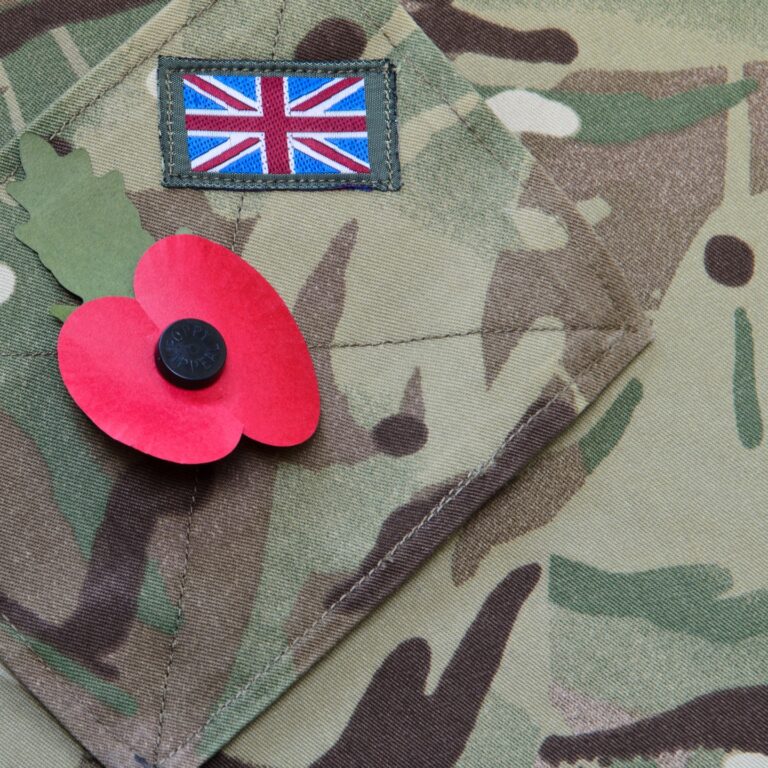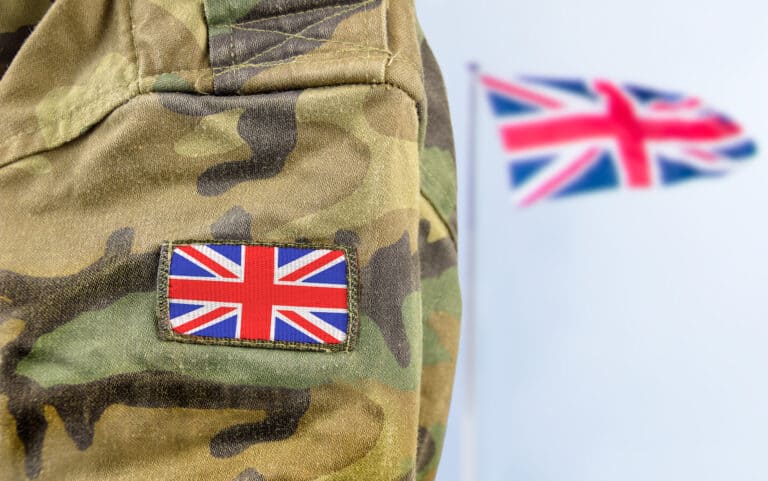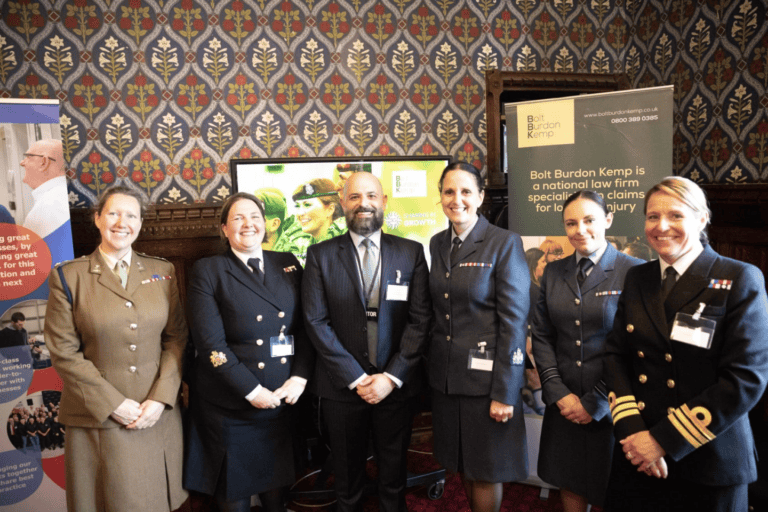
How non-freezing cold injuries impact service members: Everyday costs and career risks
“If it isn’t raining it isn’t training”.
How many service personnel and veterans have heard this? Likely said in jest but there is a serious and concerning side to training in cold and wet conditions.
Non-freezing cold injuries (NCFI) occur from long periods of exposure to cold weather. In ‘old money’ it was more commonly known as ‘trench foot’ – a debilitating condition caused by the body’s temperature falling below its normal for a prolonged period reducing blood flow to the extremities.
Service personnel often face extreme environmental conditions whilst on operational tour, during training, or even in the UK on sentry or guard duties, often working in sub-zero conditions. This all means service personnel are at risk of sustaining an NFCI.
For anyone who has sustained an NFCI, navigating everyday life becomes a challenge as even a slight drop in temperature can lead to a great deal of pain.
Between the years 2010-2017, there were at least 3,496 cases of NFCI amongst service personnel.
NCFI symptoms
Once an NFCI has developed, it is rare that a full recovery is made.
Sufferers may be left with heightened susceptibility to cold as well as a lack of grip strength or a lack of feeling in hands and feet and pins and needles when exposed to the cold.
This is why it is so important for service personnel to be properly protected and the risk minimised for those that are exposed to cold environments.
NCFI prevention
Unfortunately, the simple preventative measures that can be taken are often overlooked by the chain of command. Measures such as regular foot inspections, training courses and education, and regular rest are forgotten or left out, increasing the risk of developing the life-changing injury.
This debilitating injury is simple to avoid. If proper procedure is followed and appropriate protective equipment provided, the risk of developing a NFCI is reduced greatly.
Service personnel should be educated about the risks of NFCIs as well as how to avoid them such as regular foot care, changing socks and other footwear regularly, and adequate risk assessments to mitigate the effects of cold of wet conditions. What is often the case is this training is an afterthought and the seriousness of NFCI injuries are not appreciated by those being exposed. NFCI information given in basic training to recruits is often far too short, taught in jest or given at a time when it may bear no relevance.
The cost of NCFI in everyday life
NFCIs can also have a financial impact on sufferers due to the need to constantly warm their homes to alleviate their symptoms as best they can. This can lead to drastically increased energy bills, especially given the current cost of living crisis.
Financial implications can also occur due to the need to purchase cold weather clothes to allow any outdoor activities.
Furthermore, those who suffer with NFCIs can find themselves developing mental health conditions such as depression and anxiety. This can come about due to a reduction in socialising for fear of being exposed to the elements or simply because the individual is no longer able to lead their previous life due to the injury.
Medical discharge
The reality and seriousness of an NFCI can completely change a service person’s life. Often, whilst the condition is treatable, many service personnel are medically discharged as they can no longer complete their job role and there is not a suitable role that caters to their condition.
Being medically discharged can have a further impact on someone’s mental health and can put them and their family under significant financial pressure. When all these factors are combined, a vicious cycle can start because of the failure from the MoD to protect their personnel.
Help at hand
If you or a loved one has experienced significant exposure to cold environments and is experiencing symptoms of an NFCI from their service in the British Armed Forces, Bolt Burdon Kemp could help you seek the compensation you deserve.
Contact our dedicated military claims solicitors to receive some free legal advice and discuss your case in confidence.










